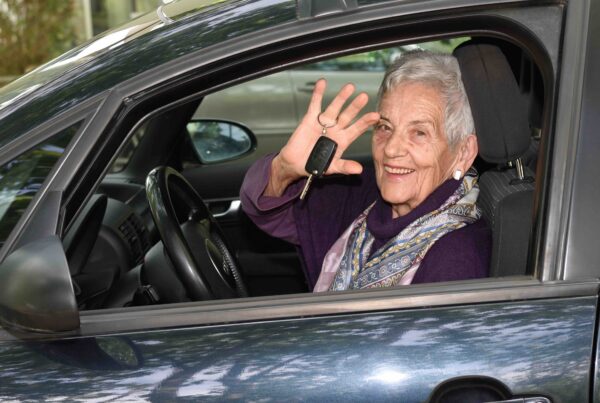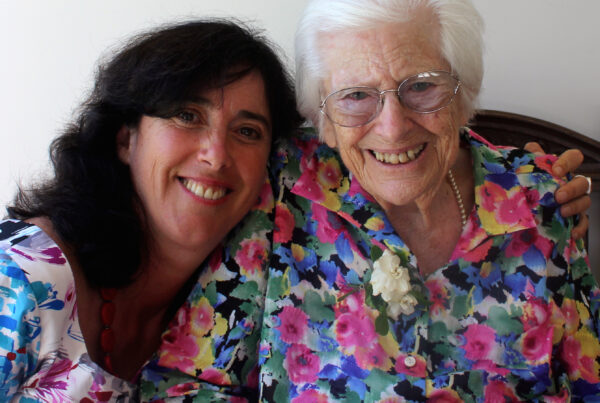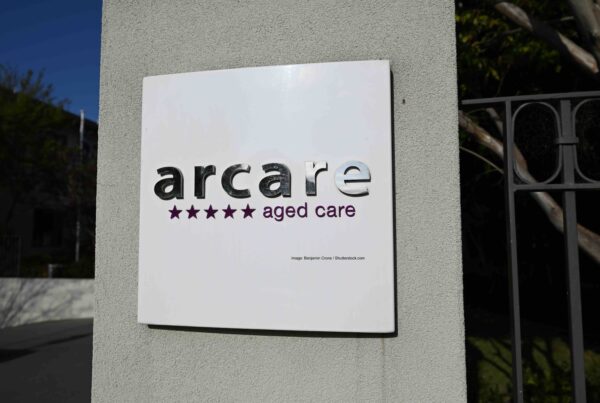Royal Commissions come and go in Australia. Although they are the highest form of inquiry, with broad powers including the power to summons witnesses to appear before it, there is no obligation for governments to accept a royal commission’s recommendations. After 140 or so royal commissions in Australia, there are countless recommendations sitting in bottom drawers gathering dust.
Take for example, the royal commission into aboriginal deaths in custody. Over five hundred Aboriginal and Torres Strait Islander people have died in custody in the 30 years since the royal commission’s final report. Successive governments have failed to fully implement the 339 recommendations that aimed to prevent Indigenous deaths in the justice system.
Similarly, recommendations from the banking, superannuation and financial services industry royal commission have not been fully implemented. In 2019, then treasurer Josh Frydenberg received the final report and vowed to take action on all 76 recommendations. Yet, around half of the recommendations have been either abandoned or not fully implemented.
Which brings me to the royal commission into aged care quality and safety. The final report was tabled 2 years ago yet most recommendations have not been implemented.
Scott Morrison made the announcement of a royal commission in 2019, on the eve of ABC Four Corners’ investigation of the systemic failures of the aged care system. The announcement surprised everyone, including the then aged care minister, Ken Wyatt, who had denied the need for a royal commission.
Over the past 20 years numerous inquiries, reviews, consultations, thinktanks and task forces had produced strong evidence of inadequate personal care, negligence, neglect, abuse and assault in aged care homes. Research had also shown the parlous state of home care.
Successive governments had ignored most recommendations from these numerous inquiries and research projects. So I expected the government to similarly ignore the aged care royal commission’s recommendations.
However, the Labor government’s 2022 election victory gave me a glimmer of hope. Albanese had campaigned on delivering aged care reform. Although his five-point plan did not address all 148 recommendations of the royal commission, it was a start.
Then came a series of red flags. The first was Albanese’s decision to keep the aged care and sports portfolios together under the same Minister. Putting aged care and sport together was another of Scott Morrison’s bizarre decisions in 2020.
The biggest red flag was flown when the Labor government tabled the Aged Care and Other Legislation Amendment (Royal Commission Response) Act 2022. This was the same Bill the Liberal Party had tabled in 2021.
When I noticed Schedule 9 had been included in Labor’s Bill, I raised my concerns with Anika Wells, the minister for aged care. I received a response from the Department of Health with similar wording I had received from the previous minister, justifying the need for restrictive practices as an interim measure. To quote Albert Einstein: “We cannot solve our problems with the same thinking we used when we created them.”
The Labor Government claims it is “reforming the Australian aged care system through several key initiatives”. However, these initiatives are all low-hanging fruit. For example, Labor introduced a Star Rating System that rates 90 per cent of aged care homes as providing an “acceptable” quality of care. This does not reflect the findings of the royal commission.
Wells promotes Humans of Aged Care, an initiative of Aged and Community Care Providers Association (ACCPA). She visited several aged care homes and shared happy snaps taken by staff on social media. Residents, family and staff who raised concerns about this positive spin have had their comments removed and themselves blocked from the Minister’s social media.
Last week, the government released some new financial data. Although this is a welcome first step in financial transparency, it gave providers another opportunity to cry poor – despite receiving $27 billion in government subsidies. I have lost count of the number of times during the past decade aged care providers have claimed they are going broke. Until there is full disclosure, including to whom the aged care provider pays rent, I simply don’t buy it.
The aged care royal commission recommended a new aged care act, mandatory minimum qualification for personal care workers and a registration scheme for all aged care staff. Until these recommendations are implemented, the Labor government is merely tinkering with the aged care system.
There are currently three royal commissions in progress. A royal commission into defence and veteran suicide; a royal commission into violence, abuse, neglect and exploitation of people with disability; and a royal commission into the robodebt scheme. It is important for the government to not only listen to the heartbreaking stories, but also take action.
The royal commission into aged care quality and safety recommended a new aged care act be implemented by July 2023. The clock is ticking for genuine aged care reform.
First published in The Guardian on 2 March 2023



